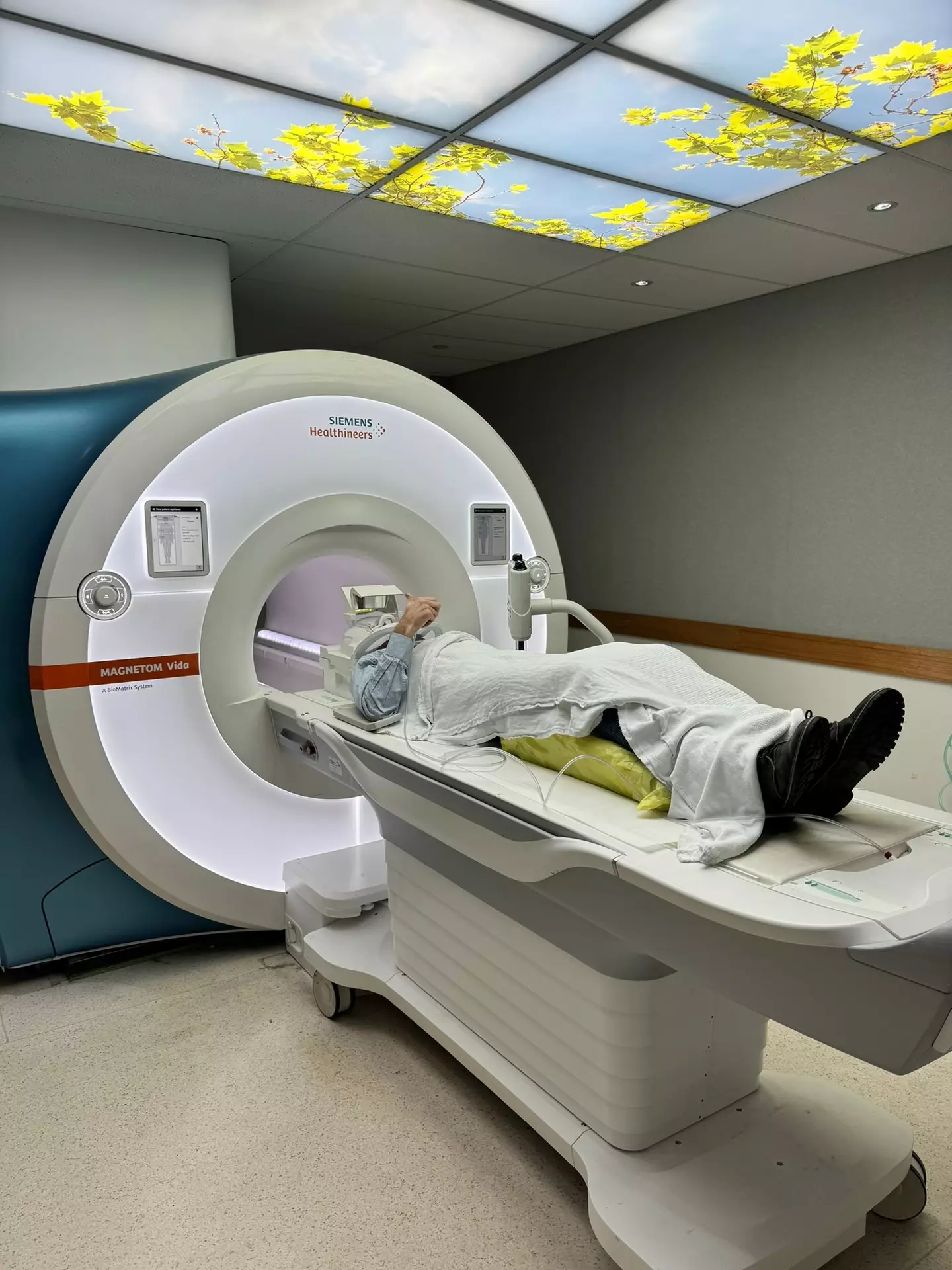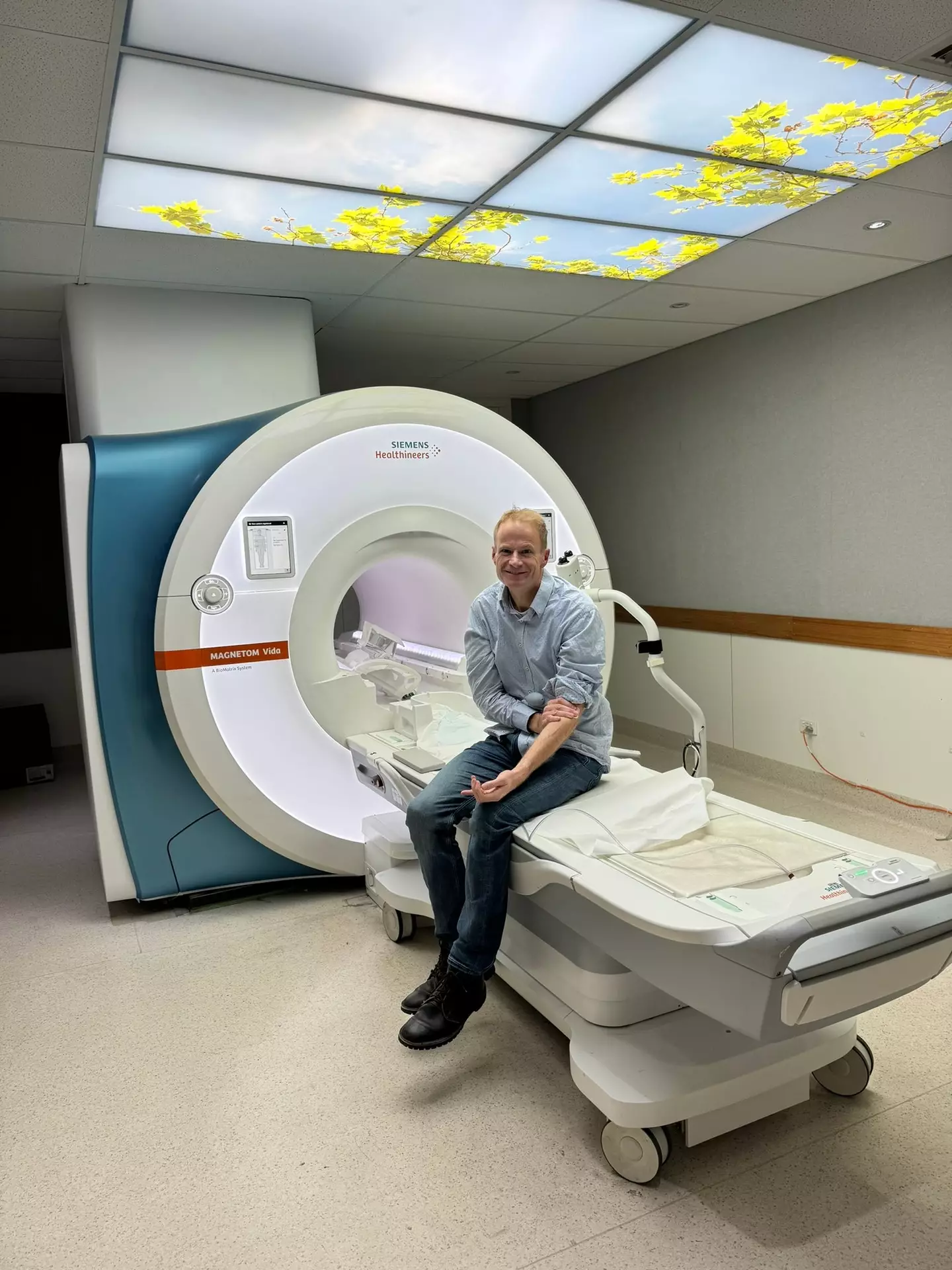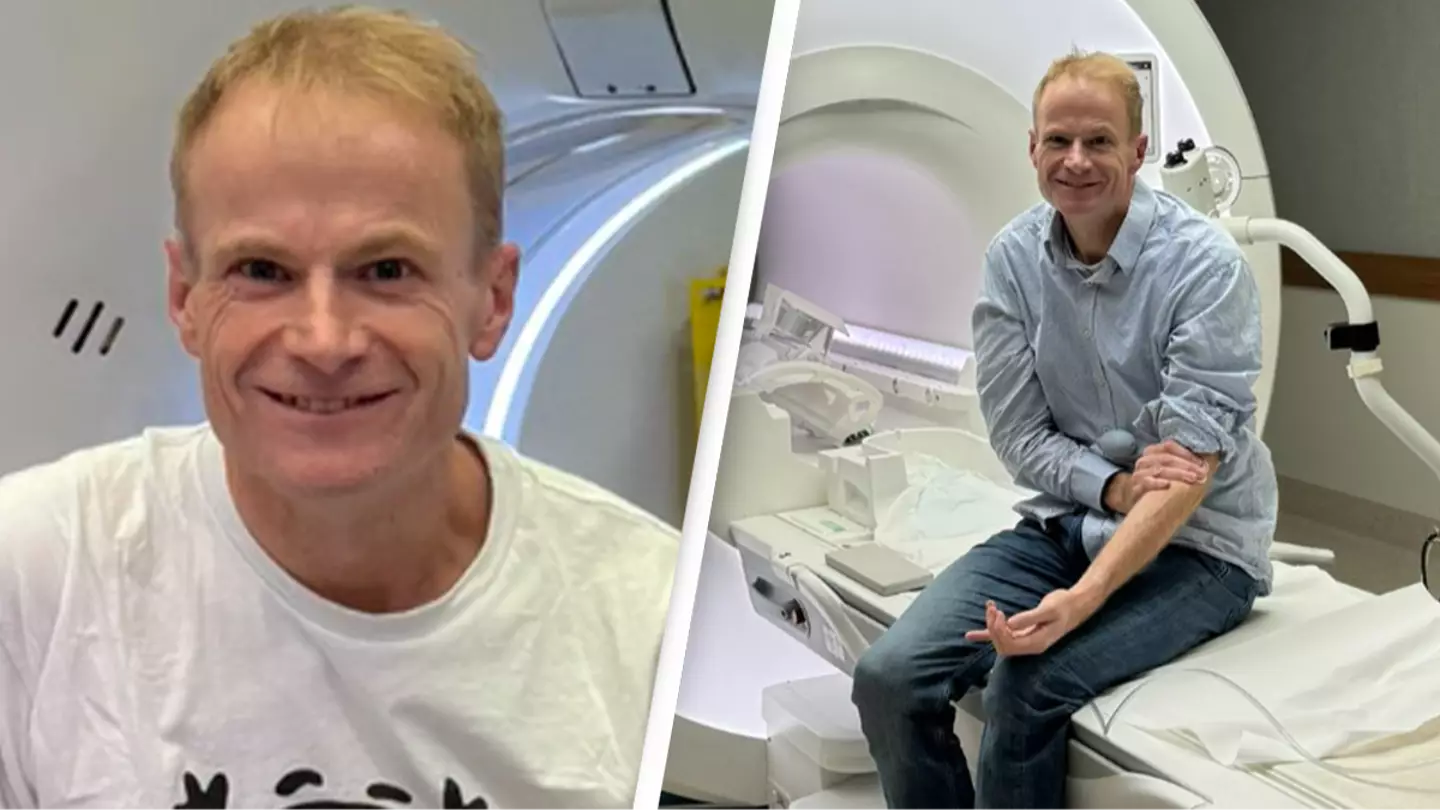In a groundbreaking update, a doctor has recently shared his journey one year after undergoing a pioneering treatment for terminal brain cancer.
Last year, Richard Scolyer, a renowned Australian pathologist, bravely became the first person ever to test an experimental cancer therapy stemming from his own melanoma research. Scolyer, who is one of the co-directors of Melanoma Institute Australia, was diagnosed with glioblastoma at the age of 56. This type of brain tumor is known for its rapid growth and grim prognosis.
According to The Brain Tumour Charity, the typical survival time after a glioblastoma diagnosis is 12-18 months, with only 25 percent of patients living longer than a year, and a mere five percent surviving past five years.
Scolyer’s innovative work in melanoma involved a mix of immunotherapy to boost the immune system, assisting it in identifying and eliminating cancer cells, followed by surgical removal of the melanoma. This method cured some melanoma patients, though it had never been applied to brain cancer before.
Nevertheless, Scolyer chose to test this unique combination of treatments—immunotherapy, surgery, radiotherapy, and a personalized vaccine—on his own brain tumor, making himself ‘patient zero.’ He has now shared the results of his scans one year later.

On May 13, Scolyer took to his X account to share the latest update in his battle against cancer.
The post features two images: one of him preparing for an MRI scan and another where he is seen sitting up on the scanning table, smiling at the camera.
The caption reveals: “I had brain #MRI scan last Thursday looking for recurrent #glioblastoma (&/or treatment complications). I found out yesterday that there is still no sign of recurrence.
“[…] Thank you to the fabulous team looking after me so well especially my wife Katie & wonderful family!”

Scolyer confessed to the BBC that he felt ‘more nervous’ for this year’s scan than for any previous ones, but he is ‘just thrilled and delighted’ with the outcome.
While he notes that the successful scan does not guarantee his brain cancer is cured, it’s reassuring to know that it hasn’t returned, allowing him more precious time with his wife and children.
With a hopeful heart, Prof Scolyer expressed: “[I] couldn’t be happier.”
If you or someone you know is affected by these issues, and you need someone to talk to confidentially, reach out to the American Cancer Society at 1-800-227-2345 or use their 24/7 live chat feature.

